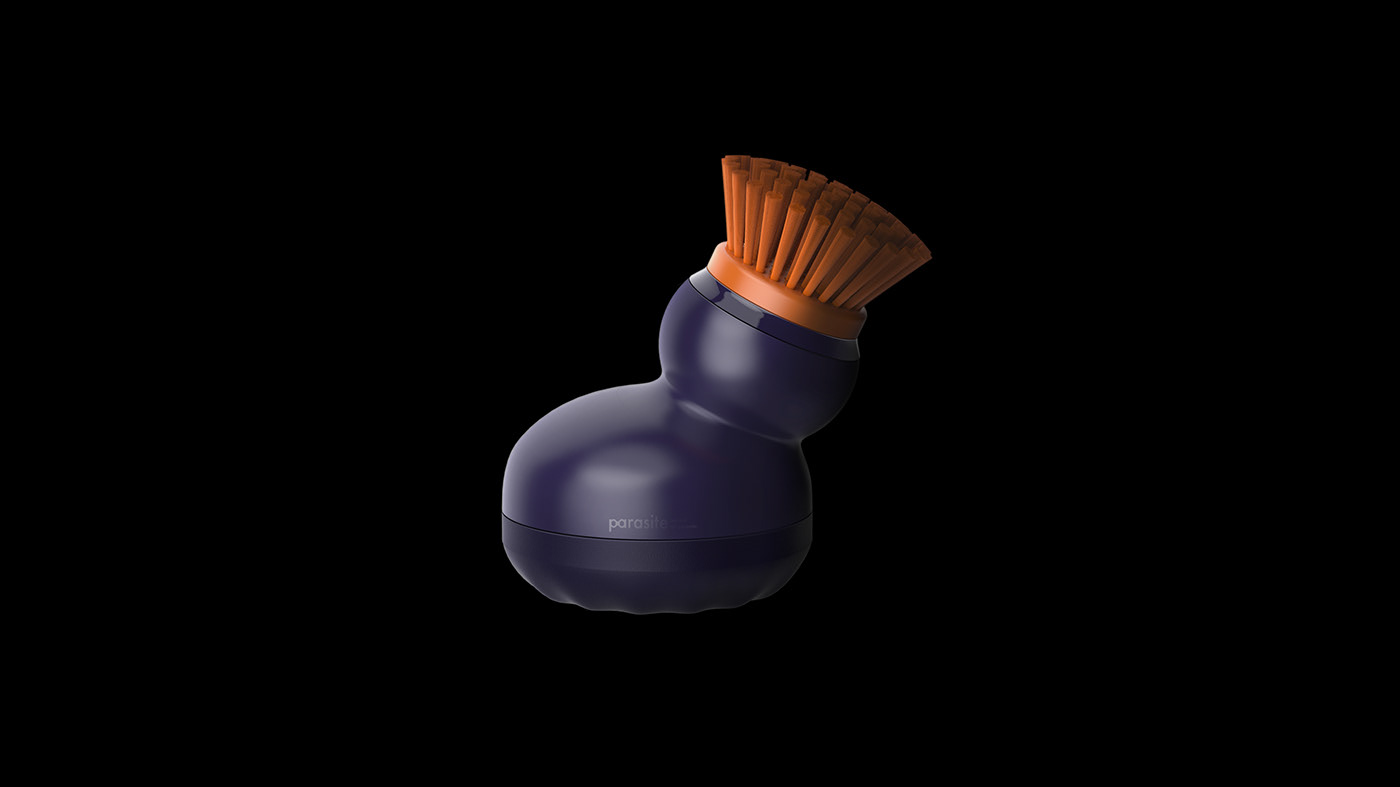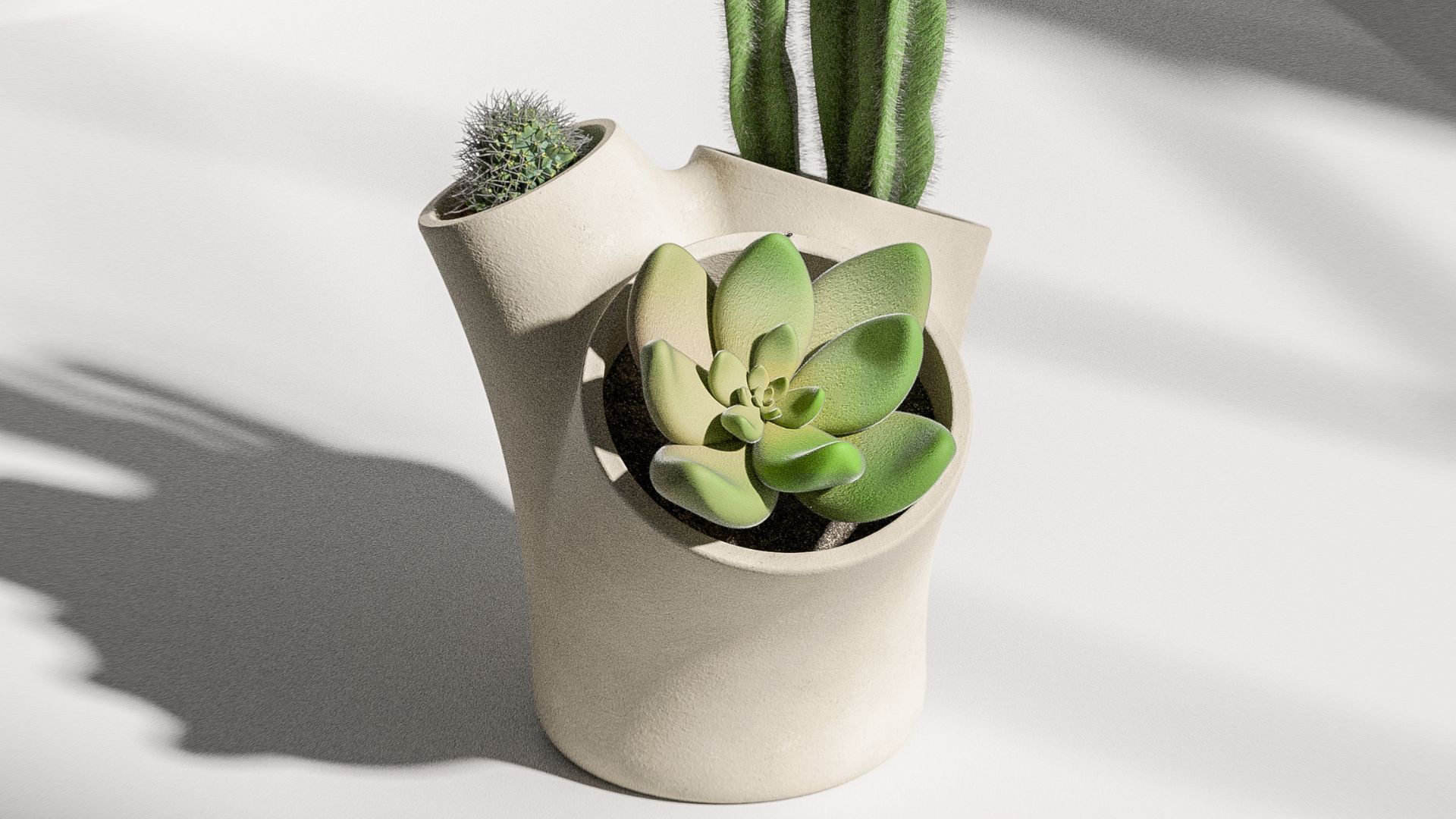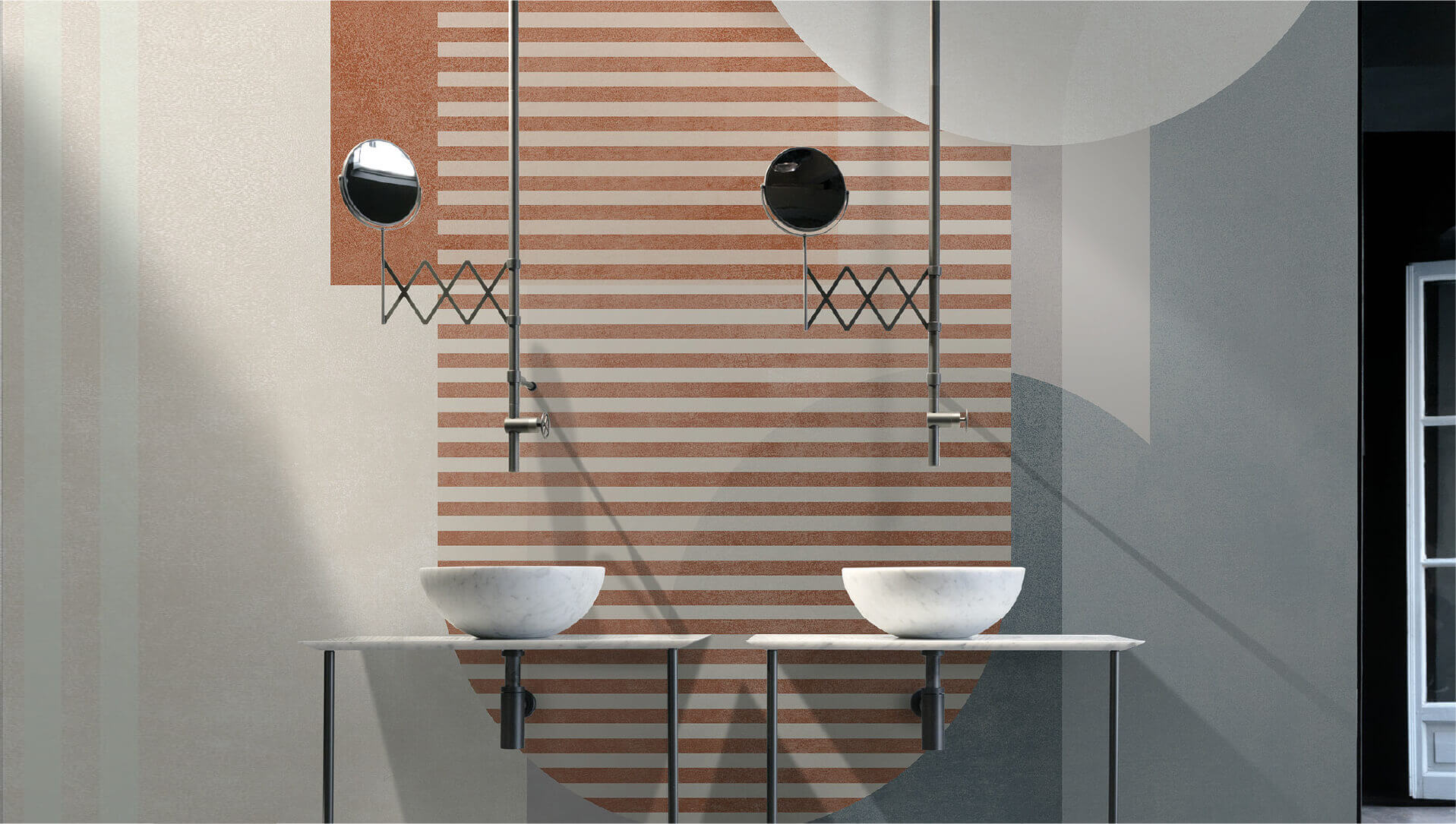Like organisms, Parasitic Products rely on hosts to complete their job
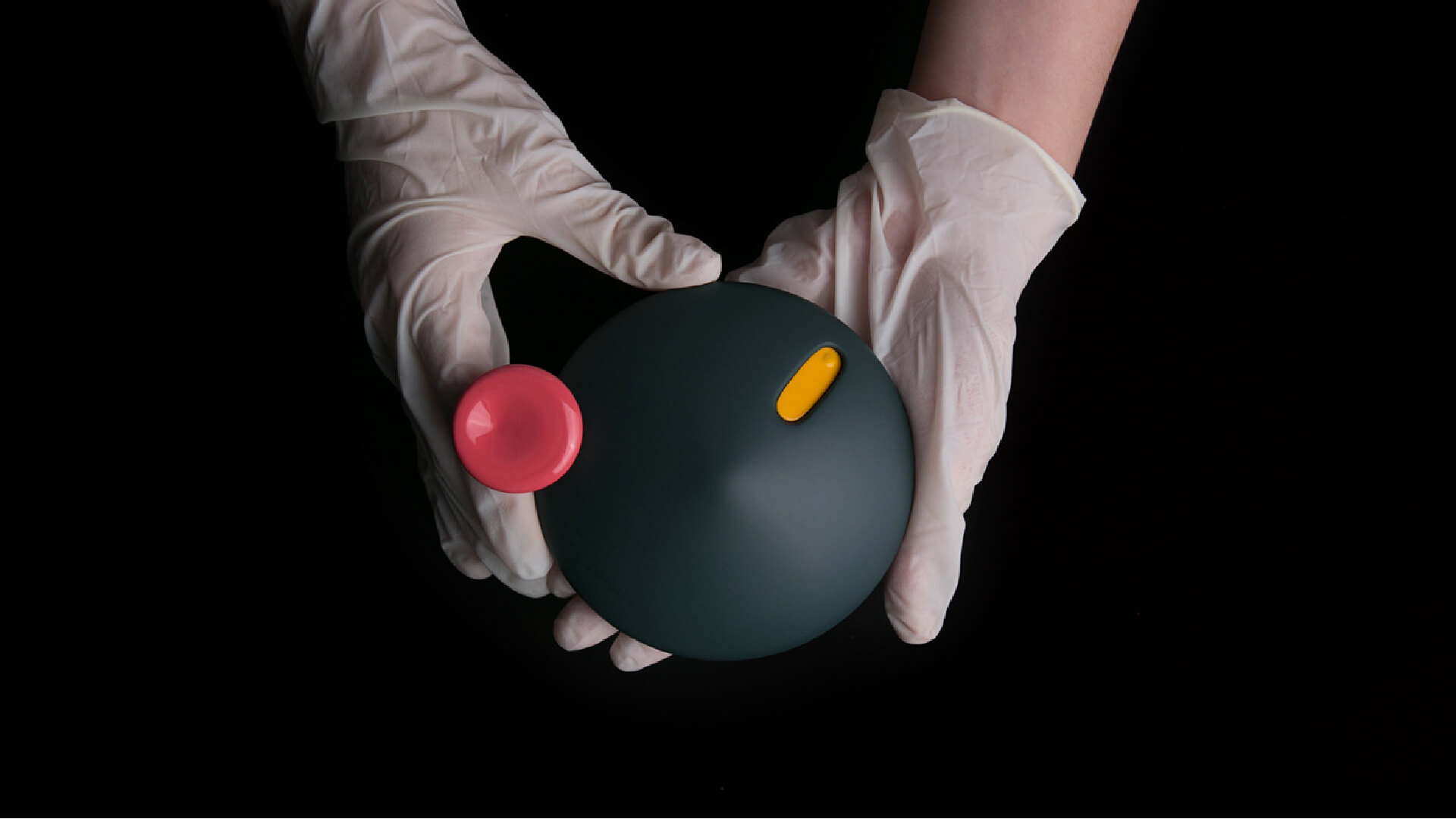
Dead space and wasted energy – parasitic products thrive on the worst aspects of design to fulfill their functions.
It’s not the first thing that springs to mind when you think of design, but for the trio behind the Parasitic Product collection, the thought of parasites burrowed deep within their minds. Ok, that’s a scary image, and whilst the series may look like a bunch of thousand-year-old organisms, their concept is really cool.
What are Parasitic Products? Well, they examine the idea of an alternative way to design products, where product interdependence shapes the design of everyday items. The concept investigates if biology can inspire product ‘evolution’ and look to the natural world to create an ecosystem of products that influence one another.

Each design serves a unique function that relies on a ‘host’ to complete its job or actually benefiting the ‘host’ in some way. There’s a room diffuser that uses the heat of a wireless router to emit scent for example, and a solar-powered clock that can be mounted onto a window.
Curious to know more about South Korean design? Don’t miss The TORSO speaker merges high-art with high-tech inspired by the Statue of David.


Created by design trio Seonghwan Hong, Taekkyung Lee, and Yoojin Song, Parasitic Product is divided into 3 parasitic forms. ‘Spatial Parasitism’ depends on the dead space of the host product or the location of the host product (like place and height). Our favourite is the mushroom tray which is parasitic to a hanger for storing keys or other belongings at the moment you take off your coat.



‘Energy Parasitism’ uses the host product as a power source or waste energy that is naturally generated and discarded. That also includes a yogurt maker which recycles the waste heat released from the refrigerator to ferment yogurt.
Lastly, ‘Functional Parasitism’ fulfills its own function by utilising the functions of the host product. For example, the collection includes a nifty food washer that can be mounted inside a blender with water to rinse things like rice.
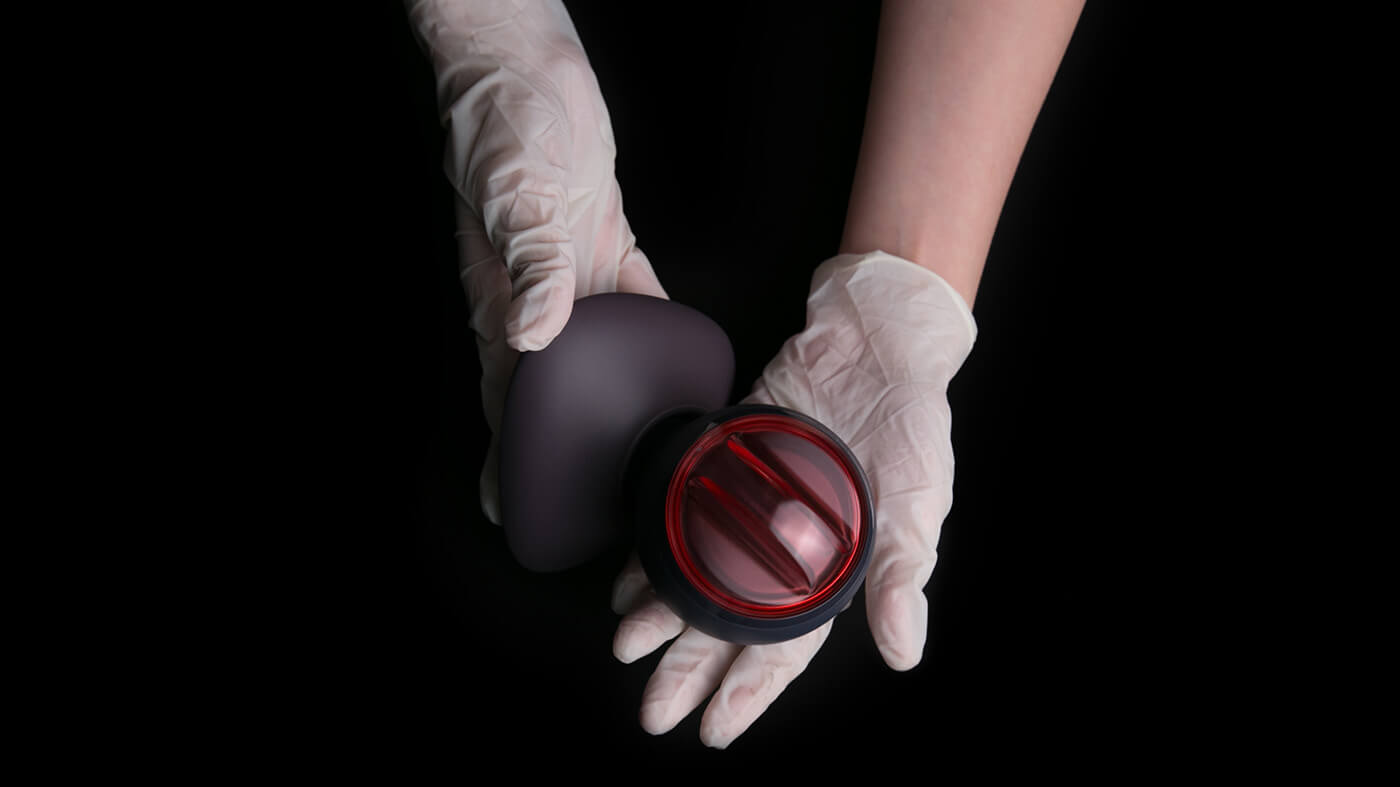



By mimicking Parasitism in the product ecosystem, this collection has capitalised on things like wasted energy, whilst also solving everyday niggles like losing the remote control inside the sofa (the collection includes a soft grip attachment to stop it from falling down the cracks). It hints at what would be possible if we applied the same principles on a macro scale. We’re not talking giant sofas but potential ways of redirecting energy from heat sources like our cities for example! Parasites don’t seem so bad after all…
Find out more about beautiful designs for the home, don’t miss Sometimes, only a personal flatpack fan can beat the summer heat.


